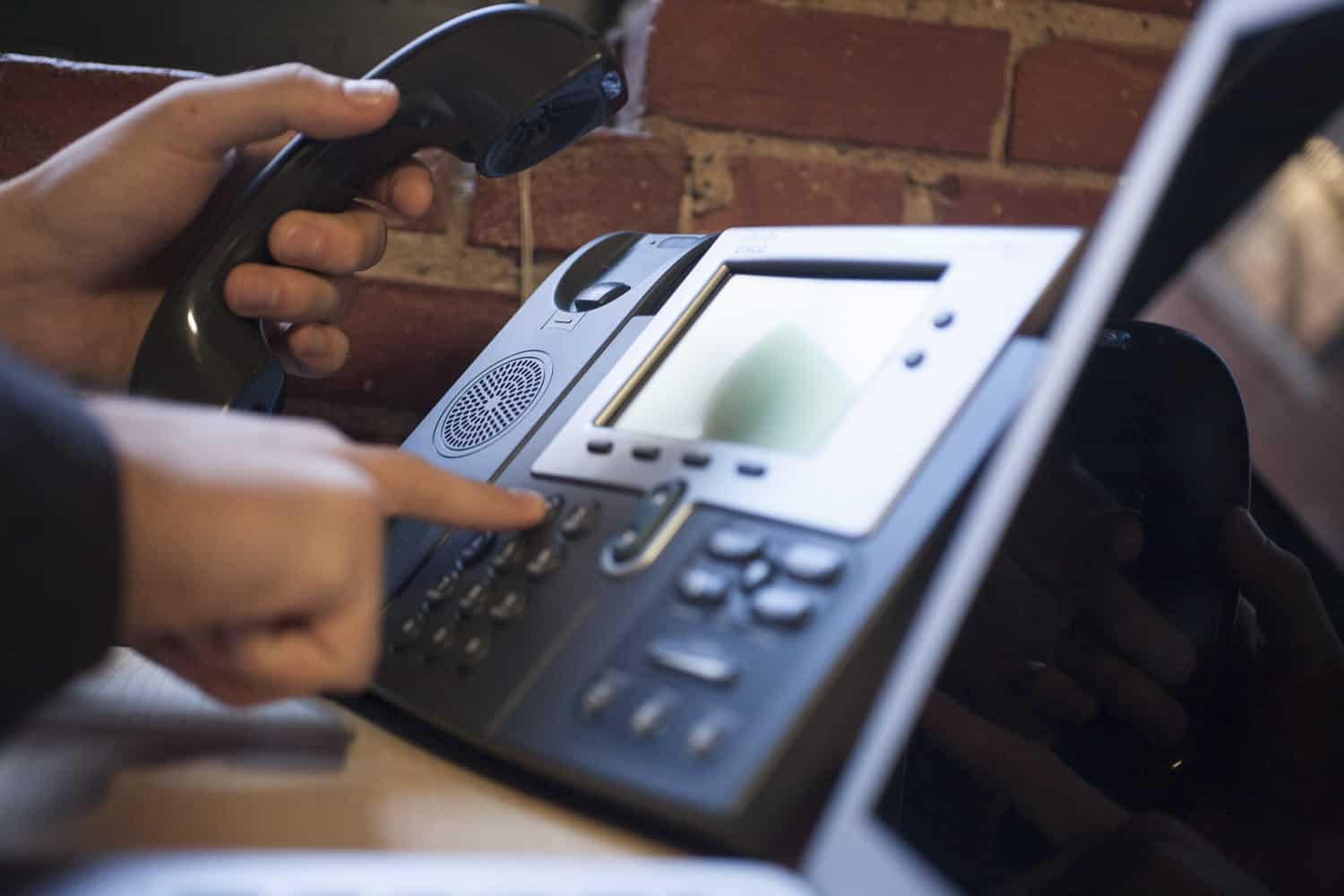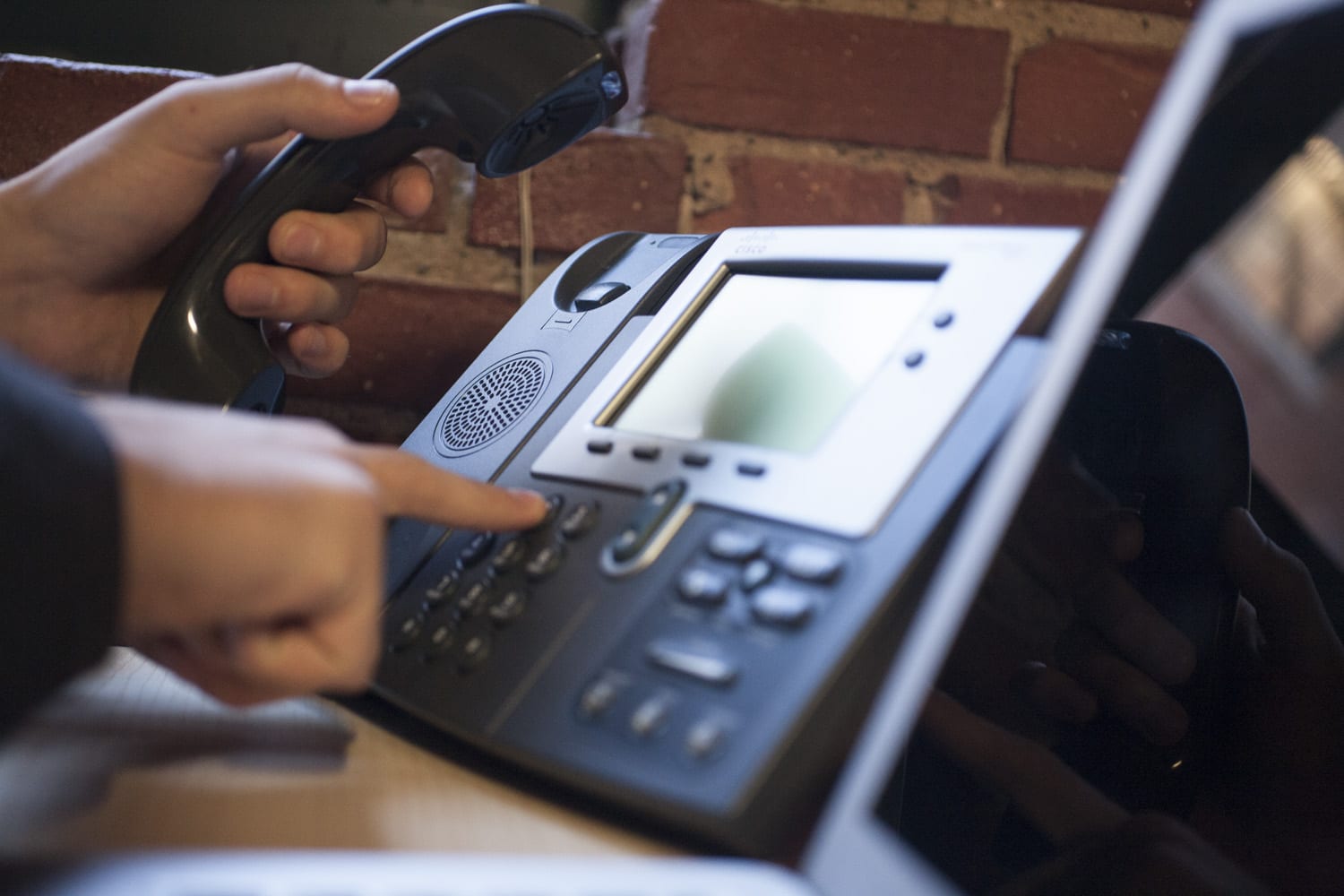An Answering Service’s Job is Not Done When the Call is Finished
You’d might think that all an answering service has to do to be successful is simply answer the phone and maybe take a message, right? Think again.
An answering service’s job is to answer calls for your business. That sounds simple enough. Perhaps they take some messages for you. Not really a tall order there. On the surface, it might seem like all an answering service has to do is perform a very basic task or two, but if you dig in, you’ll see that a good answering service’s job is not done with the call is finished, because there is much more that goes into it.
Let’s start with what we already know about an answering service. They take calls for your company. That’s a pretty easy task for a call center agent, right? Well, consider this:
- An answering service agent isn’t allowed to handle calls until they have successfully completed hours upon hours of training.
- Their performance is measured with each call they take against a high level of call handling metrics.
- They have to talk to people without using words like yeah, yup, um, uh-huh, uh-uh, mhmmm, nah, and plenty of other slang sounds we so often use to communicate.
- Agents need to be sharp and use critical thinking skills in the moment to identify the type of call, navigate the script, and take care of each caller’s needs.
- They must provide a helpful, professional, friendly phone experience each time no matter how their day is going or what tough things they might have going on in life.
- Every message must be taken word for word without using their own interpretation of what they assume the caller means.
There is plenty more that answering service agents must be on top of every time the phone rings, but that should suffice as a sampler platter. But the thing is, an answering service’s job does not end there.
Remember we mentioned those messages that might be taken by the agent? So what happens to them now? Well, an answering service has to make sure they get the message to the right person at the right time. But how do they prefer to receive their messages?
- Perhaps they just want their messages emailed to them to check at their own convenience.
- Or they simply check their messages that have been posted through the online portal.
- The might choose to have messages called into their office at 9am each morning.
- Or faxed over as they come through during weekends.
- Maybe the messages are supposed to be texted to the person on-call at the time. Better check the on-call list to see who is covering from midnight till 7am on the third Tuesday of the month.
Once the call is complete, an answering service agent has to immediately make sure that the message is handled according to the specifications of each business they answer for.
But that about wraps it up, right? Hardly. Remember the very first thing we said an agent has to do before they even start taking calls? They had to pass some training. Well guess what, it’s not over.
Progressive training is used by good answering services who monitor their calls and use each one as a learning opportunity for agents. So after an agent has taken some calls, delivered a few messages, and been measured against performance metrics, they are trained to further perfect their craft.
It’s really a never-ending cycle, which can sound overwhelming or tedious, but the truth is that the people who go through all of this to handle your calls care about service. They take pride in what they accomplish and we are proud of all the work they do to professionally represent your business.
So no, an answering service’s job is never done once the call is finished. Hanging up the phone only opens a gateway of opportunity to further provide great service.







